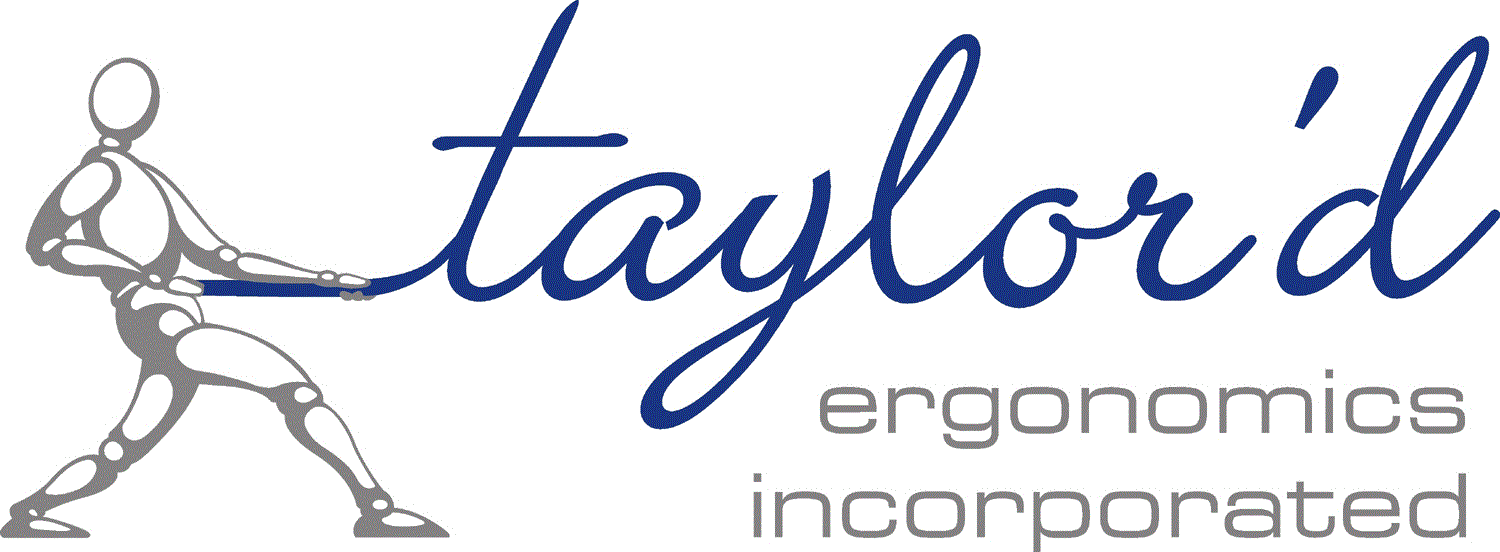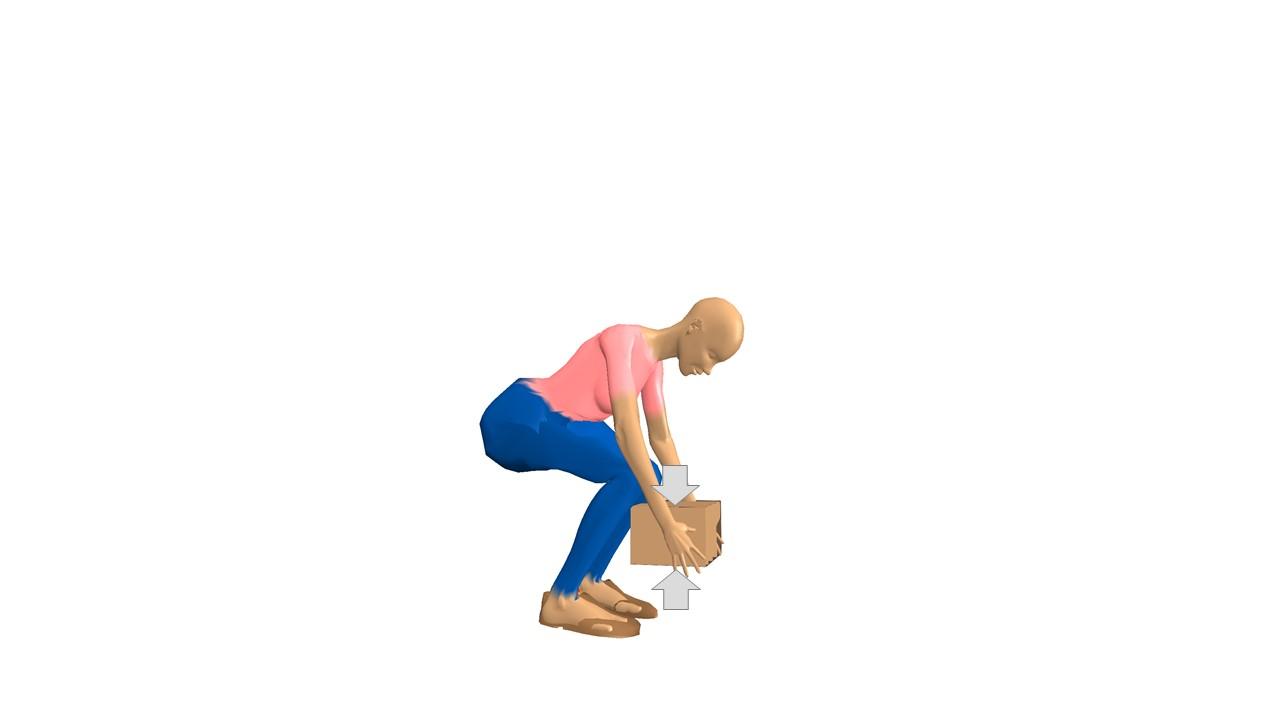On October 2, 2017, the Taylor’d Ergo team attended the CRE-MSD “Manual Materials Handling and Prevention of Musculoskeletal Disorders: Making it Work!” one-day conference in Mississauga, Ontario. The day started off with a short review on a bit of the history of manual material handling (MMH) injuries in workplaces and a reminder to not forget the basics when we are trying to come up with solutions for complicated scenarios. We heard about the economic returns for organisations that invest in an ergonomics program. We learned how MMH demands have changed for companies where production rates are ever increasing.
Speakers from several industries such as Transportation, Healthcare and Construction/Manufacturing, spoke on their experiences in tackling MSDs related to MMH. Some speakers talked about their overall ergonomics program and how they handle working in large companies where initiatives aim to reach employees across the country and around world. Some speakers talked about specific solutions, and what worked and didn’t work for their company.
Each presentation had its own unique conclusion; however, a few common themes emerged:
§ Return on investment for implementing ergonomics programs is more than financial cost-benefit. Companies have seen a culture shift from compliance-based to compassion- based, have seen improved health outcomes, improved productivity, and increased engagement and motivation.
§ Communication is key at every stage of an ergonomics problem, project or program. From making your business case for implementation, to summarising learning outcomes, good verbal and written communication with everyone is required, no matter how large or small your problem, project or program is.
§ Training should be part of a comprehensive ergonomics program, but it isn’t enough on its own. (Where workplace change is required, this needs to be done first in order to prevent MSDs.)
Most of the conference was aimed at practitioners. We perked up when statistics were mentioned. For example, ergonomics programs resulted in:
§ an 80% reduction in musculoskeletal disorders (MSDs) over a 10-year period at Ford
§ a 23% reduction in lifting injuries over a 2 year period at Boeing
§ a reduction in MSDs from 50% of all injuries in the 2000’s, to around 23% of all injuries at Ontario Power Generation
If you’re looking for help to bring your MSD rates down, give us a call!


